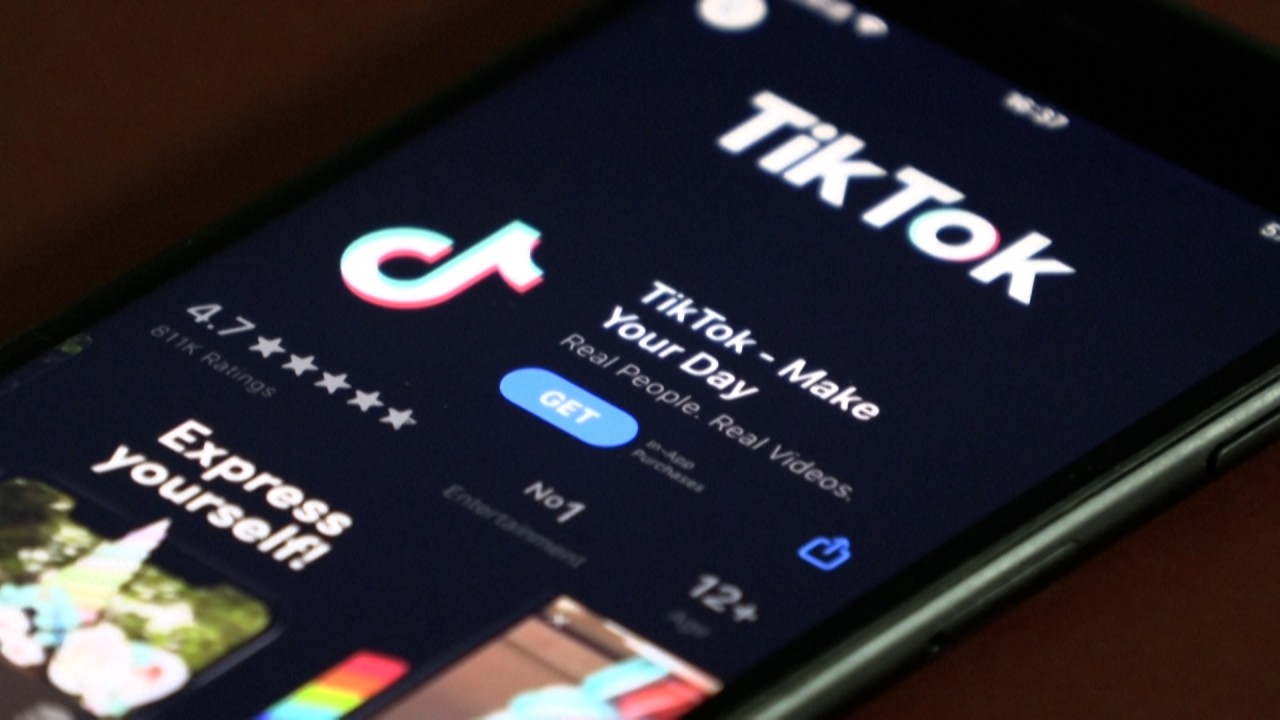
White House offers support for US Senate bill that could lead to TikTok ban
- If it becomes law, the Commerce Department will have the power to ‘review and prohibit certain transactions between persons in the US and foreign adversaries’
- The US national security adviser says the bill offers a ‘systematic framework for addressing technology-based threats to the security and safety of Americans’
The legislation, which does not mention TikTok by name, would empower the Commerce Department to “review and prohibit certain transactions between persons in the United States and foreign adversaries” that pose “undue or unacceptable risk” to national security.
Adversaries identified by the bill specifically are China, Cuba, Iran, North Korea, Russia and Venezuela.
At a press conference on Tuesday, Warner said the bill would grant a “series of mitigation tools … up to and including the opportunity to ban. It’s genuinely risk based. And it is a rule-bound process, rather than the current ad hoc process.” He stressed that the legislation, if passed, would not authorise action against individual users.
Unlike other proposals that focus on presidential powers, the bill updates and codifies authorities granted to the Commerce Department through an executive order issued by former president Donald Trump that manages threats to information and communications technology.
The bill also would require the secretary of commerce to consider threats identified by other government entities and explain to the public why denied or mitigated transactions pose national security risks.
“What brought us to this is not just TikTok,” Warner said in an interview with CNBC on Tuesday. “We’ve had this Whac-A-Mole approach on foreign-based technology for years.”
To become law, the bill – which Warner said was drafted in consultation with the White House – would need to pass both the Republican-controlled House and the Senate, where Democrats are in the majority. The House does not yet have a version of the legislation.
Secretary of Commerce Gina Raimondo commended the bill shortly after its introduction, saying that she looked forward to helping it pass.
“Protecting national security is one of our top priorities at the Department of Commerce,” she announced.
National Security Adviser Jake Sullivan also welcomed the Senate bill, declaring that it would provide a “systematic framework for addressing technology-based threats to the security and safety of Americans”.
“We look forward to continue working with both Democrats and Republicans on this bill, and urge Congress to act quickly to send it to the president’s desk,” he said.
TikTok – which has over 100 million US users – has come under fire over fears that content could be manipulated to promote Chinese state narratives and that user data could end up in the hands of the Chinese government.
The company is also currently undergoing review by the Committee on Foreign Investment in the United States (CFIUS), an inter-agency body that investigates the national security implications of proposed foreign investments.
In a statement on Tuesday, a TikTok representative said that “the Biden administration does not need additional authority from Congress to address national security concerns about TikTok; it can approve the deal negotiated with CFIUS over two years that it has spent the last six months reviewing.”
The company said a ban of the app would be a “ban on the export of American culture and values to the billion-plus people who use our service worldwide”, while the American Civil Liberties Union said last week that such a move would violate the First Amendment, which protects free speech.
To appease regulators’ concerns over data localisation, TikTok has worked to migrate information on US users to servers controlled by the American database giant Oracle, as part of a broader effort called “Project Texas”.
The plan creates a new US subsidiary overseen by CFIUS called US Data Security to handle sensitive operations like content moderation and access to US citizen data.
Democrats opposed McCaul’s bill for being overly broad and said Congress should not get ahead of CFIUS’s review.
The US federal government, more than 30 US states and foreign governments including the EU have already banned TikTok from official devices or networks.
“It’s a no-brainer that government officials or anybody in a sensitive position … should not have TikTok on their devices,” Representative Jim Himes, the ranking Democrat on the House Intelligence committee, said on Tuesday. “I’m not quite ready to say, though, that the United States government should tell every American citizen – all 300-plus million Americans – that they can’t use a particular media platform.”


